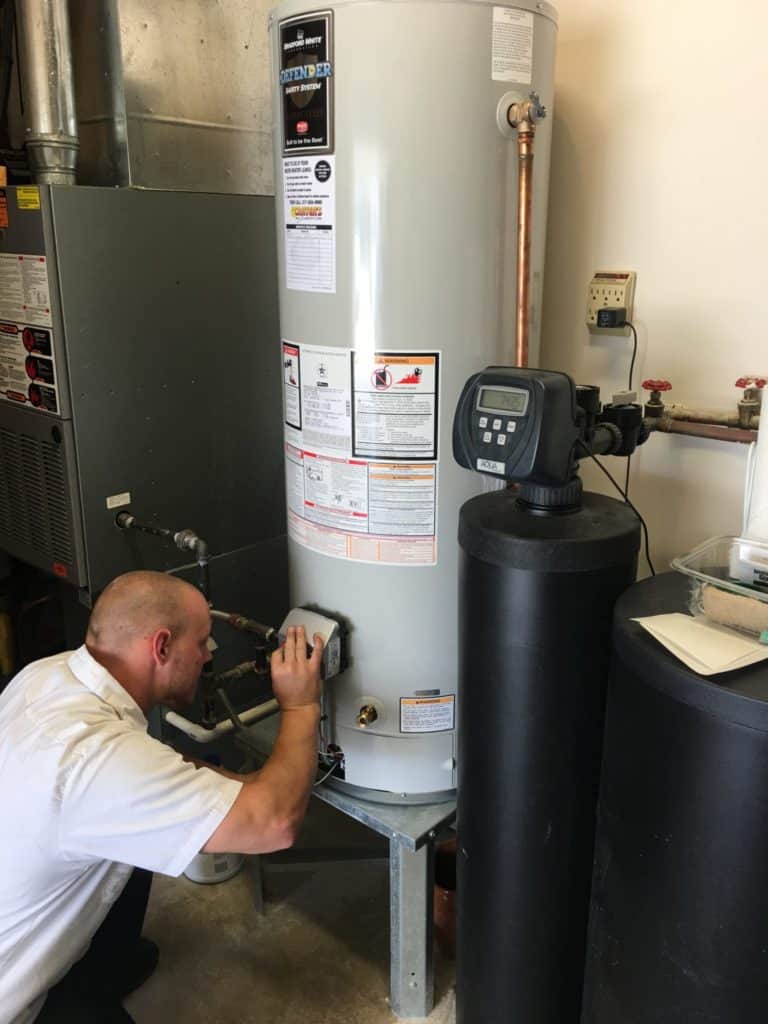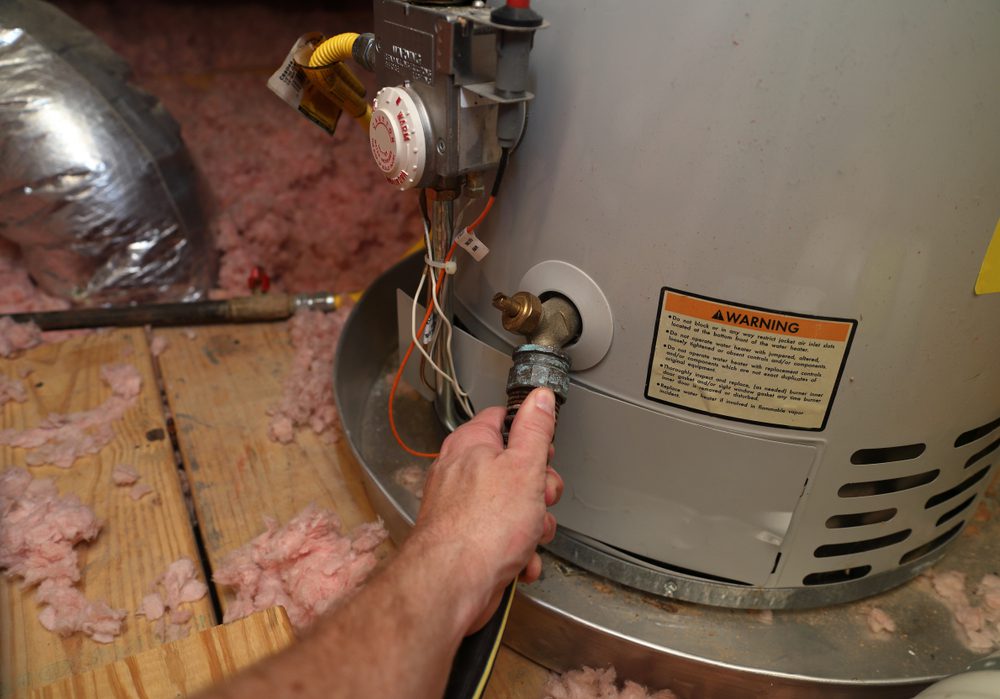Addressing the Most Frequent Hot Water Heater Emergencies
Addressing the Most Frequent Hot Water Heater Emergencies
Blog Article
Presented here down the page you can discover additional awesome advice involving Warning Signs You Need Water Heater Repairs.

A water heater is among one of the most crucial basic appliances that can be located in a residence. With water heaters, you don't require to go through the anxiety of home heating water by hand every time there is a demand to wash, do the laundry, or the recipes. Nonetheless, there is constantly a possibility that your hot water heater would certainly break down similar to most mechanical devices.
It is very important to keep in mind any little breakdown and tackle it promptly before things leave hand. The majority of times, your hot water heater begins to malfunction when there is a build-up of debris as a result of continual use. As a safety measure, periodic flushing of your water heater is recommended to avoid sediment buildup as well as stop useful failing.
Common water heater emergency situations and how to take care of them
Inadequate hot water
It might be that the water heater can't support the warm water demand for your house. You can upgrade your water heater to one with a bigger capacity.
Rising and fall water temperature.
Your hot water heater might start generating water of different temperature levels usually ice chilly or scalding hot. In this circumstance, the first thing you do is to guarantee that the temperature level is readied to the desired level. If after doing this, the water temperature level maintains changing during showers or other tasks, you could have a malfunctioning thermostat. There could be a need to replace either the thermostat or the home heating unit of your water heater.
Leaking water heater tank.
In this situation, you should turn off your water heating unit, enable it to cool down, as well as very carefully look for the source of the problem. At times, all you need to do is to tighten a few screws or pipe links in instances of small leakages. If this does not work as well as the leak continues, you could require to use the solutions of a technician for a suitable replacement.
Blemished or smelly water
You need to know if the problem is from the water or the storage tank resource when this occurs. If there is no amusing odor when you run cold water, after that you are certain that it is your water heater that is damaged. The odiferous water can be brought on by corrosion or the accumulation of bacteria or sediments in the water heater tank. As soon as you see this, you can try flushing out your tank or changing the anode if the trouble continues. The function of the anode is to clean out bacteria from your tank. Given that the anode rod substitute needs an extensive expertise of your water heating system, you will require the aid of a professional.
Final thought
Some property owners ignore little warning and minor faults in their hot water heater unit. This only results in more damages as well as a feasible total malfunction of your device. You need to handle your hot water heater faults as soon as they come near avoid even more expenses and also unnecessary emergency difficulties.
With water heating systems, you don't need to go via the stress and anxiety of home heating water manually every time there is a requirement to take a bathroom, do the laundry, or the meals. It might be that the water heating unit can't sustain the hot water demand for your home. Your water heater might start generating water of different temperatures typically ice chilly or hot hot. If there is no amusing smell when you run cool water, after that you are certain that it is your water heater that is malfunctioning. The odiferous water can be triggered by rust or the accumulation of microorganisms or debris in the water heating unit tank.
Why Is My Water Heater Leaking?
When a water heater bursts in a home, it is a shocking event, not to mention a messy one, and it could potentially cause a lot of expensive damage. If your hot water heater burst, you’re probably wondering why this happens and what to do next.
In general, the basic reason why hot water heaters burst is that there is corrosion within the tank, which can lead to the tank bursting at its seams. Unfortunately, there are several possible underlying causes that can contribute to water heater explosions, and it’s not always apparent which one is the culprit.
Sometimes there are risk factors or warning signs that could indicate a water heater explosion is imminent, but not always. In order to understand the risk factors that could contribute to a water heater exploding, it’s important first to understand the type of water heater that you have in your home.
What Are The Common Causes of Water Heater Leaks?
In general, it's a good idea to call a emergency plumbing company if you have any questions about the cause of your water heater leak. The most frequent reasons why water heaters leak are:
Drain valve
The drain valve is used to empty the tank during maintenance visits and replacements by plumbers and homeowners. The drain valve is also utilized by homeowners when cleaning the tank is required. Over time, the valve becomes loose, allowing water to flow through. Leaks from the bottom of the valve, on the other hand, suggest that the component isn't waterproof. This situation calls for the installation of a new drain valve. Homeowners may replace this themselves, but it's better to get advice from a professional plumber before you do so.
Too much pressure
Water heaters are affected by naturally occurring water pressure, just like any other plumbing component. The hot water that generates steam and fills the vacant space causes pressure in water heaters. When the steam has no where to go, the pressure becomes too high. Any crack in the heater allows water to escape, relieving some of the pressure. When the water temperature is set too high or when water enters the system at large pressures, the heater's pressure rises.

Hopefully you liked our topic on Common Hot Water Heater Problems. Thanks a ton for taking a few minutes to read our piece of content. Sharing is nice. You never know, you will be doing someone a favor. I appreciate reading our article about Warning Signs You Need Water Heater Repairs.
Act fast, call! Report this page